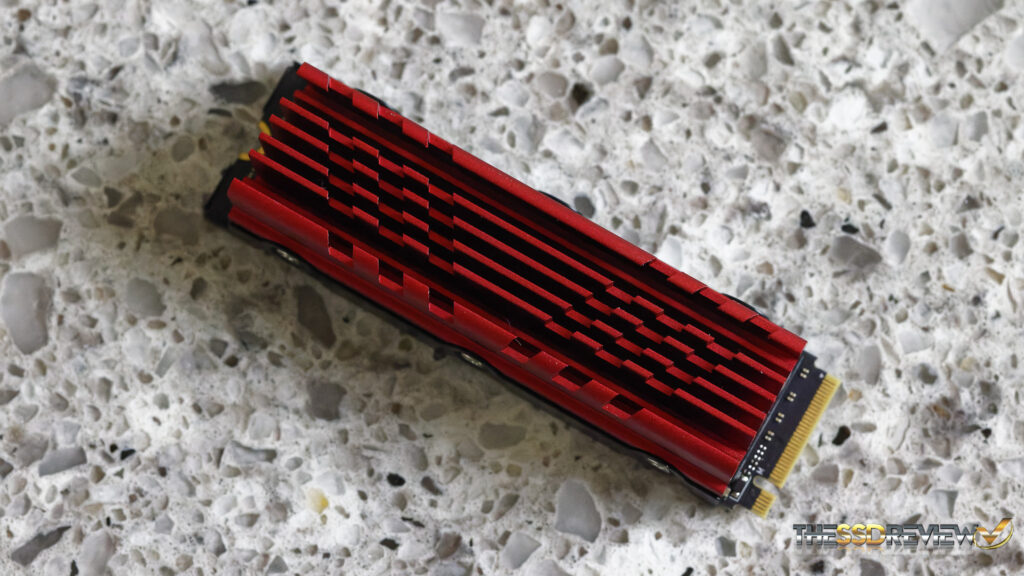REPORT SUMMARY AND FINAL THOUGHTS
Micron B47R 176-Layer 3D NAND flash memory ( 1,600MT/s) is set to become the fastest TLC memory available in the industry, replacing Micron’s B27B 96-Layer 3D NAND flash presently paired with the Phison E18 controller. POhison lists this as being a premium product designed to deliver the best user experience under sustained loads. We can only report on what we have see testing this E18 B47R prototype.
Short of picking and choosing our results from one side or the other (Intel/AMD), there is one thing that remained constant throughout testing on both Test Bench systems; the sample E18 B47R that we have in hand and put so many hours into testing, is the most powerful SSD to date that we have had tested… no hold barred. The closest we have seen to this SSD over all would be the XPG Gammix S70 Gen 4 SSD that we reported on a few months back. The only stronger GAMMIX S70 result that we can identify was its transfer speed of OS files with respect to True Data Testing where the S70 achieved 137 seconds to complete the transfer. Our result for this E18 B47R Fortis sample was 186 seconds.
With respect to this Phison E18 B47R Gen 4 NVMe SSD Sample, it achieved top scores to date in ATTO, Crystal DiskMark, AS SSD (12424 pts), Anvil (29,164 pts), AJA, TxBench, as well as all of PCMark 8 and 10 results when comparing recent tests. This is a very promising SSD which will be available at some point, but one can expect a price premium to come along with it. What we would do to have an 8TB sample of this sitting in each of these two Test Benches!
Lastly, a quick word about out Intel/AMD comparison. We went with the Ryzen 3700x vs the i9-11900k as both are 8-core, although we could have done same with respect to price and went with the AMD Ryzen 5900x. Peer reviews will be available demonstrating that chip and the fact that it will provide a slight boost in performance. Our take away though, at least in this comparison, is that looks can be a bit deceiving. AMD may prevail in sequential throughput, however, Intel has the edge in those low random 4K results, IOPS, and we are still impressed with the fact that the i9-11900K came out on top in all PCMark testing.
 The SSD Review The Worlds Dedicated SSD Education and Review Resource |
The SSD Review The Worlds Dedicated SSD Education and Review Resource | 


Any hints on what endurance rating we can expect? (TBW for 2TB model)
Can’t speak for the TBW – that is, warrantied writes – but the endurance on this flash should be quite good. Possibly in the 5K P/E range.
Thanks for jumping in NewMaxx…welcome anytime.
Les, would really like to see you guys adding a detailed thermal performance test for nvme drives. Thanks and keep up the good work.
Abdulaziz.
Pls pls pls, run one of these benchmarks with such modern PCIe 4 drive on “old” PCIe 3.
PCIe 3 should not tamper with those 4K random low QD speeds (but only with the sequential high QD ones) and, if that’s the case, maybe it’s time to consider such PCIe 4 drive for my PCIe 3 laptop. Really, this kind of modern drive is 2.5x faster than good PCIe 3 ones where it matters most.
I’m sorry but why is a site that is solely focused around testing SSDs not including ANY figures or testing regarding power management?
Anandtech does, and their site isn’t focused solely on SSDs